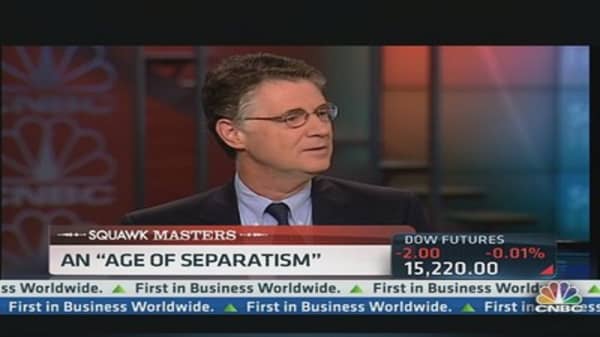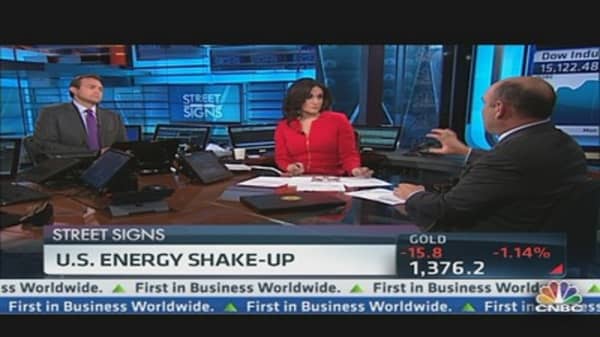Capital expenditure across the world is expected to decline this year and next, according to a new report by rating agency Standard & Poor's (S&P), which warned that hopes of it driving an economic recovery were unfounded.
S&P said that despite a modest recovery in capital expenditure (capex) following the financial crisis, it slowed again in 2012, and is expected to contract by 2 percent in real terms this year. Initial forecasts for 2014 are for it to continue to slip, falling by 5 percent year-on-year.
"A modest post-crisis recovery appears to be stalling before it has really begun," S&P said in its annual survey, which looked at the 2,000 global companies which spend the most on capex (non-financial investment on physical assets like buildings and machinery).
(Read More: Era of Soaring Commodity Prices Is Over: OPEC)
This downward trend is especially prevalent in Western Europe, which has seen its share of global capex fall to just 24 percent in 2012, down from a third in 2003, according to S&P. It is forecast to remain steady this year, before inching up to 25.4 percent in 2014, helped by increased investment by energy companies.






